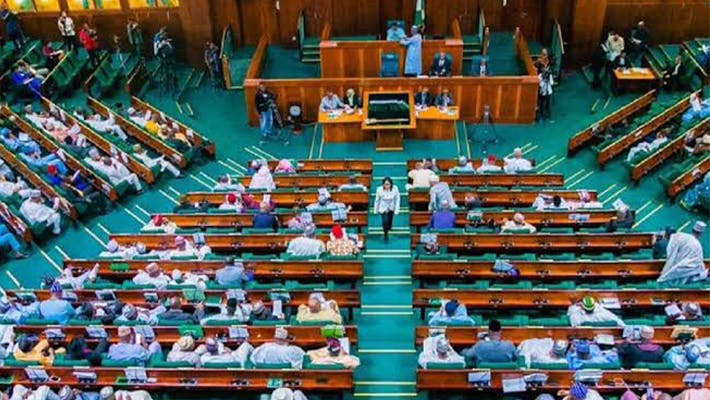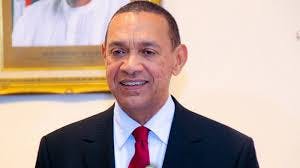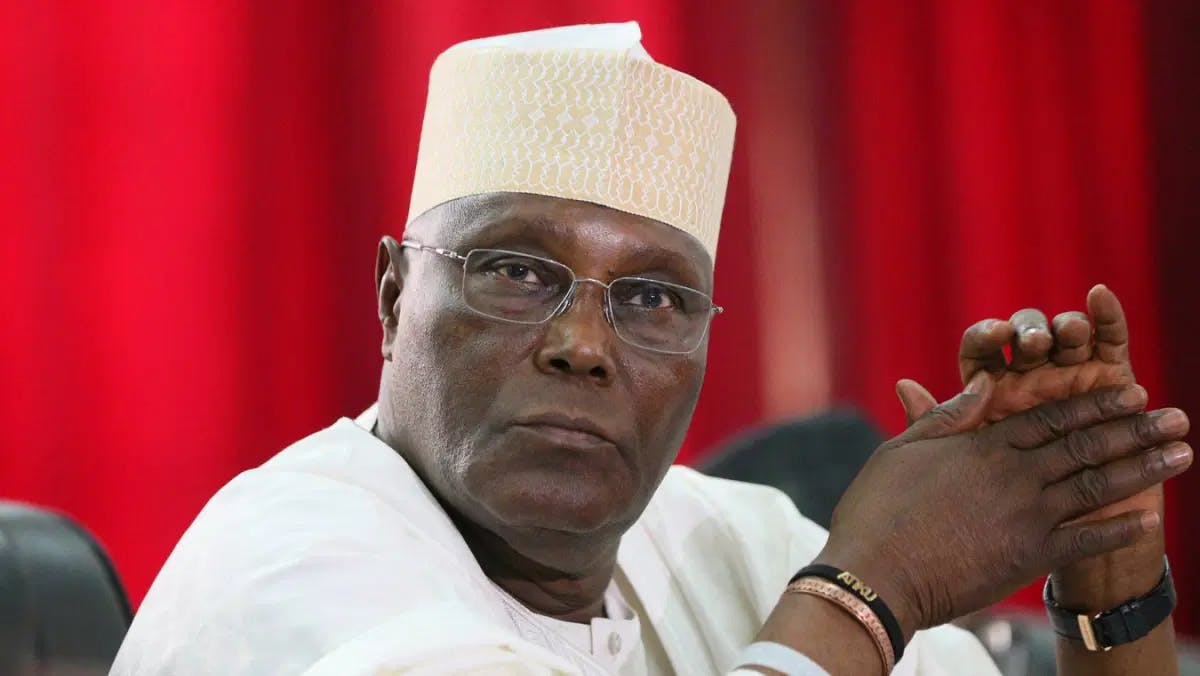
The bill sponsored by Amobi Ogah (LP–Abia) was introduced for its first reading at the plenary session on Tuesday.
In his initial speech, Mr. Ogah represented the legislation as a significant moment for Nigeria.
He mentioned that the bill seeks to prevent all public workers and civil servants, along with their close family members, from using private health and education services.
His aim is to reduce conflicts of interest, enhance public confidence, and maintain the integrity of government institutions.
“Before Nigeria gained independence and became a republic, our leading figures attended government-run schools.
“For instance, Sir Ahmadu Bello studied at Sokoto Provincial School and Katsina Training College (now Barewa College), while Nnamdi Azikiwe was educated at Holy Trinity College and Christ Church School in Onitsha, as were Chief Obafemi Awolowo and Alhaji Tafawa Balewa,” he explained.
According to Mr. Ogah, the current preference among public officials for private institutions is harmful to the nation’s progress.
“It has become a negative trend for public and civil servants to rely on private education and health services for themselves and their families, which is damaging to our economy,” he remarked.
He pointed out government spending, noting that Nigeria set aside N1.33 trillion for healthcare in the 2024 budget, but the country spends approximately N1.6 trillion, or over $1 billion each year, on medical treatments abroad.
Furthermore, Mr. Ogah stated that Nigerians spent a minimum of $29.29 billion on medical care outside the country during the eight years of late former President Muhammadu Buhari’s administration.
In terms of education, he mentioned that between January and March 2024, Nigerians used $38.17 million for foreign education, and $218.87 million in 2023.
“If we are capable of eliminating petroleum subsidies, we should also take decisive actions to reform the behavior of public servants by enacting this bill,” the legislator asserted.
He pointed out that the ongoing preference for private schools and hospitals has resulted in the neglect and decline of public institutions.
Mr. Ogah expressed that it is a national disgrace when prominent officials seek medical treatment abroad, with some not returning alive.
He highlighted that the intention of the bill is to put an end to medical and educational travel for public workers and civil servants.
Mr. Ogah urged the Nigerian public, especially the media, to embrace the bill and help cultivate a new national mindset that values local institutions.
Related Articles
![[Breaking] Tinted permit: Court orders Police to maintain status quo](https://images.prismic.io/iravelnews/aN-uc55xUNkB1ca__tinted-permit.webp?auto=format,compress)
[Breaking] Tinted permit: Court orders Police to maintain status quo
A Federal High Court located in Warri, Delta State, has instructed the Nigeria Police Force and the Inspector-General of Police to preserve the current situation regarding a lawsuit brought by attorney John Aikpokpo-Martins, which contests the legality of the recent enforcement of tinted permit regulations.

Defections: If PDP dies, another party will show up — Ben Murray-Bruce
Murray-Bruce expressed this sentiment on Thursday during a discussion on Arise Television’s Prime Time, after he switched his allegiance to the APC.

2027: I’ll step aside if younger aspirant wins ADC primary – Atiku
Former Vice President Atiku Abubakar has expressed his willingness to step back for a younger candidate if he does not succeed in the African Democratic Congress (ADC) presidential primary leading up to the general elections in 2027.
